
India calls upon BRICS nations to endorse the 'Baku to Belem Roadmap' as a worldwide financial strategy that targets annual climate action funding of $1.3 trillion toward underdeveloped nations by 2035. The meeting took place at the 11th BRICS Environment Ministers' Meeting in Brazil and guided COP29 in Baku Azerbaijan to COP30 in Belem Brazil under the leadership of UNFCCC COP Presidencies. The Roadmap focuses on three main areas which are: raising climate finance through both public and private sources and establishing equal transition paths plus resolving institutional challenges in funding and creating stronger international alliances between partners.
-
During the 11th BRICS Environment Ministers’ Meeting in Brazil India brought forth a request for full support of the ‘Baku to Belem Roadmap’ from all 11 BRICS countries.
-
The designed blueprint intends to activate $1.3 trillion in annual funding through 2035 specifically for climate action projects in developing nations.
About ‘Baku to Belem Roadmap’
-
The finance mobilization framework named the ‘Baku to Belem Roadmap’ was developed for COP29 in Baku Azerbaijan before moving to its continuation at COP30 in Belem Brazil.
-
The system exists to help move big climate funds toward serving the development requirements of less developed countries.
Organisations Involved
-
UNFCCC COP Presidencies (Azerbaijan and Brazil)
Objectives of the Roadmap
-
The scale-up of climate finance will target $300 billion public funding combined with $1.3 trillion total funding yearly from 2035 onward.
-
The initiative promotes an equitable transition process which protects all nations, especially developing countries.
-
The initiative works to remove established barriers by resolving both high financial costs and limiting regulatory frameworks.
-
MDBs should expand their concessional lending function to scale up MDB activities.
-
The organization should enhance worldwide partnerships by creating funding opportunities between state organizations and corporate entities.
Key Features
-
Holistic Planning: Integrates grants, concessional loans, and innovative private investment instruments.
-
Transparency Framework: Advocates for stakeholder involvement and transparent reporting mechanisms.
-
The approach supports organizations to adopt alternative financial instruments which do not function as debt instruments.
-
Technical Emphasis: Bases the roadmap on scientific and technical evidence rather than political dialogue.
-
The initiative draws participants from MDBs together with private sectors and cooperation groups including BRICS and G77 which represent developing countries.
Conclusion
India promotes global climate targets at the BRICS forum because it backs equal financial systems to develop climate-resilient low-carbon approaches.



 Blue Origin's First All-Women Crew Returns After Historic Space Launch
Blue Origin's First All-Women Crew Returns After Historic Space Launch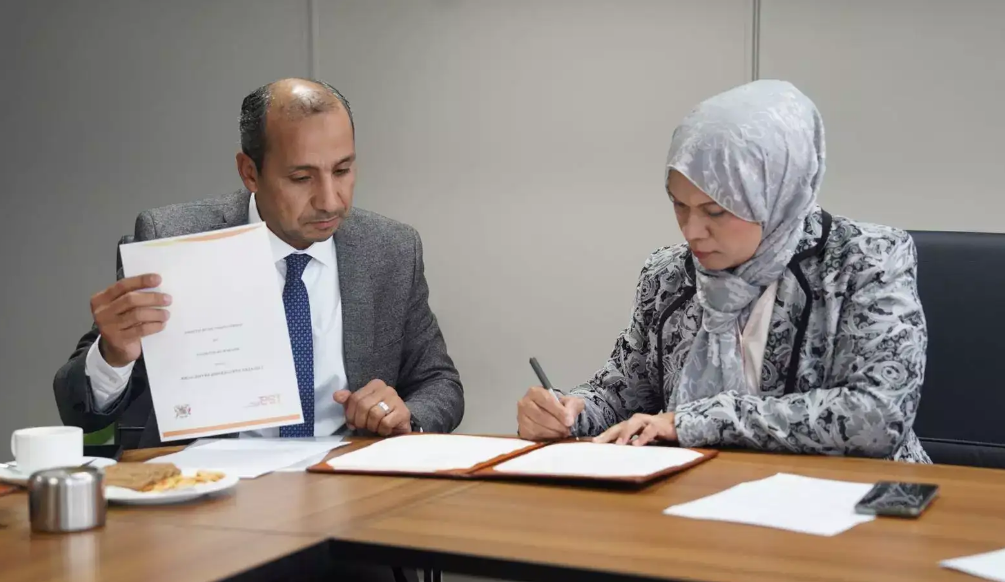 Mauritius Becomes First African Nation to Sign ISA’s Country Partnership Framework 2025
Mauritius Becomes First African Nation to Sign ISA’s Country Partnership Framework 2025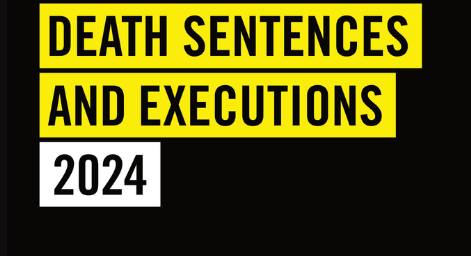 Amnesty International's Death Sentences and Executions 2024
Amnesty International's Death Sentences and Executions 2024 De-Extinction of Dire Wolf: Scientists Revive Ancient Predator Using DNA
De-Extinction of Dire Wolf: Scientists Revive Ancient Predator Using DNA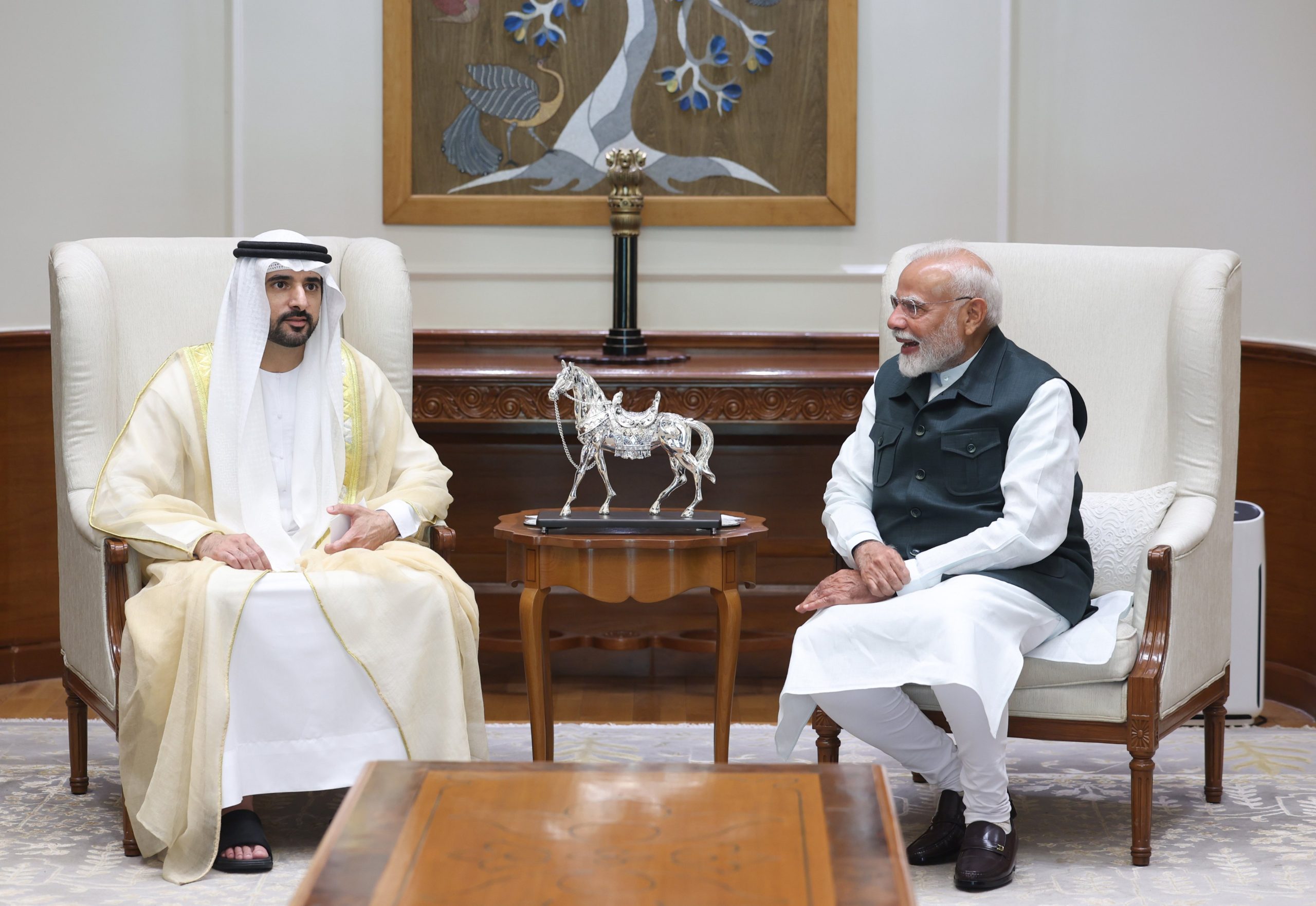 Dubai Crown Prince Visit Boosts India-UAE Strategic, Trade, and Education Ties
Dubai Crown Prince Visit Boosts India-UAE Strategic, Trade, and Education Ties Ottawa Convention on Anti-Personnel Mines: Strategic Shifts and Humanitarian Concerns
Ottawa Convention on Anti-Personnel Mines: Strategic Shifts and Humanitarian Concerns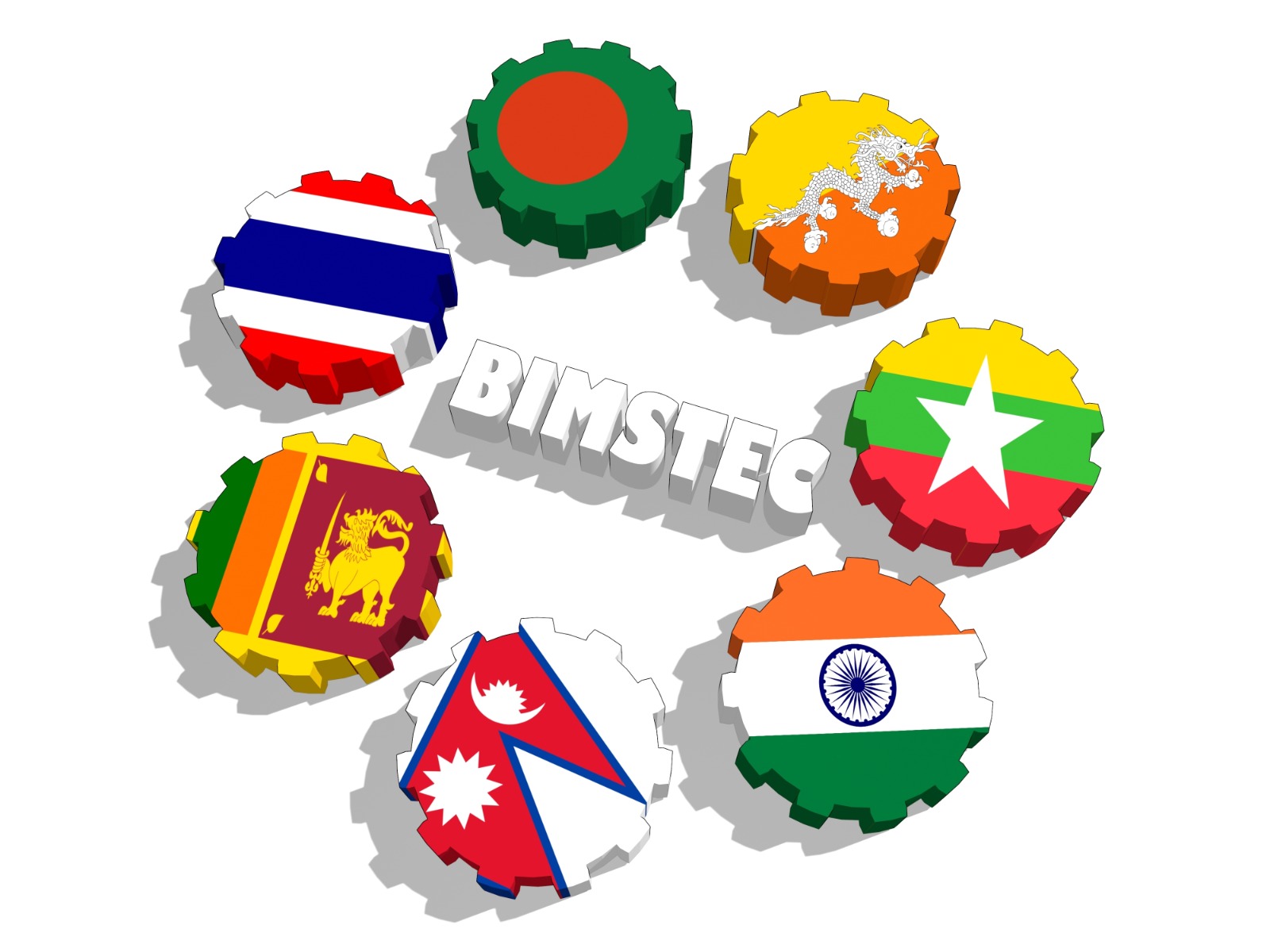 6th BIMSTEC Summit: Advancing Regional Cooperation in the Bay of Bengal
6th BIMSTEC Summit: Advancing Regional Cooperation in the Bay of Bengal India-Sri Lanka Sign Historic Defense Pacts For The Future
India-Sri Lanka Sign Historic Defense Pacts For The Future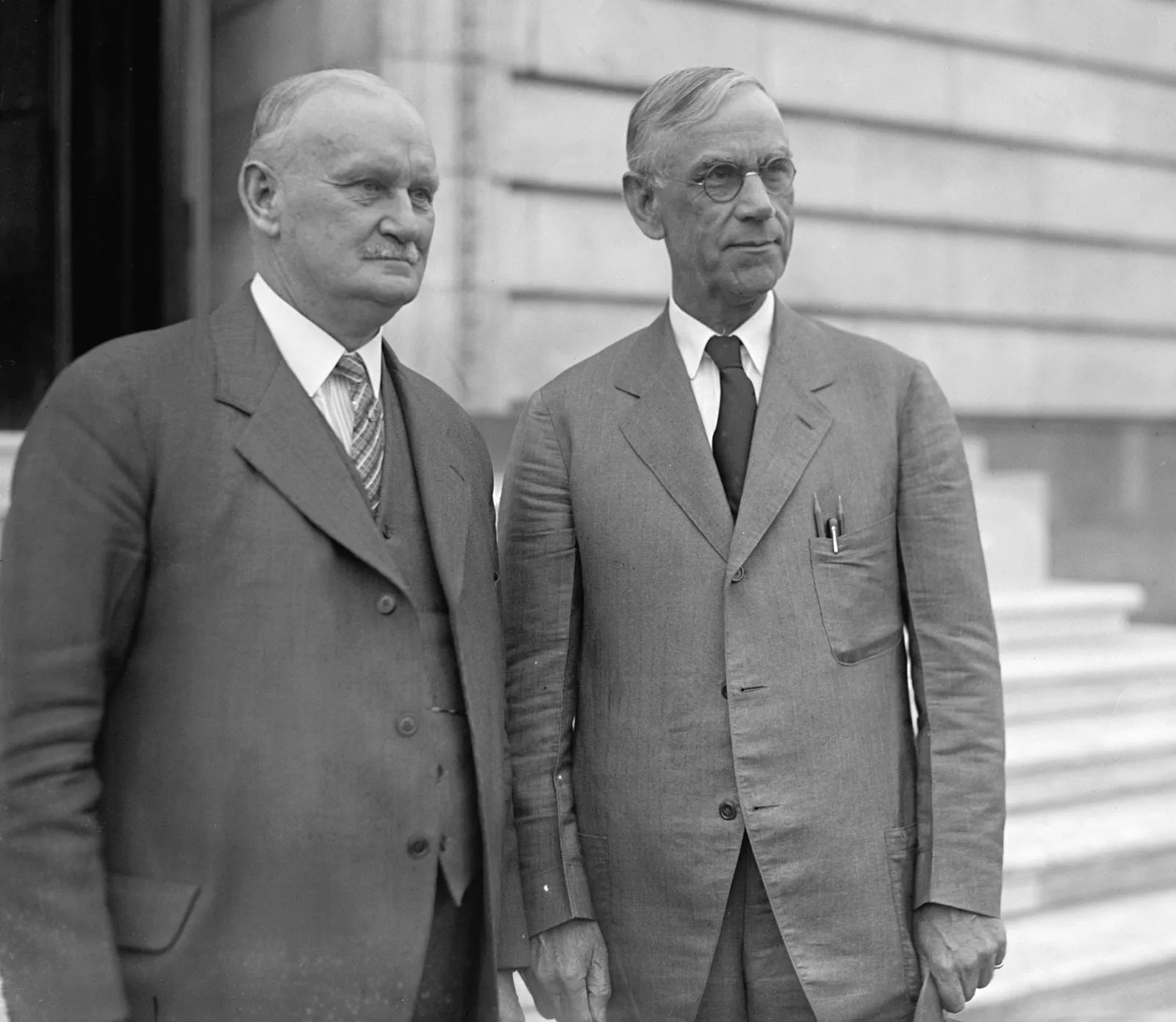 Recalling the Smoot-Hawley Tariff Act: A Catalyst for the Great Depression
Recalling the Smoot-Hawley Tariff Act: A Catalyst for the Great Depression






